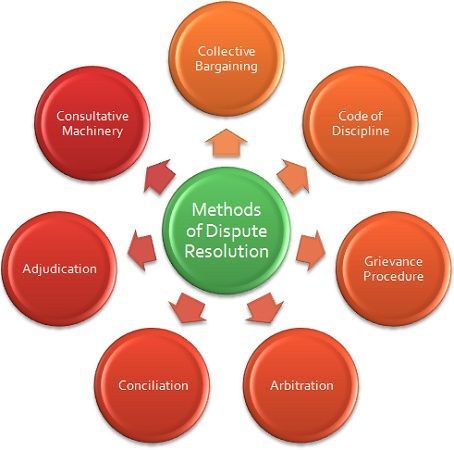
In the fast-paced world of technology, legal challenges are almost inevitable. Whether it’s intellectual property disputes, contractual disagreements, privacy breaches, or various other legal issues, companies operating in the tech industry must be equipped to navigate these challenges effectively. This article will explore some key strategies and considerations for resolving legal disputes in the tech niche.
Understanding the Legal Landscape
Before diving into dispute resolution strategies, it is crucial to have a solid understanding of the legal landscape in the tech industry. Laws and regulations concerning technology are ever-evolving, and staying up-to-date is vital to better protect your company’s interests.
Engaging an experienced tech lawyer or legal team can provide valuable guidance in navigating the complexities of technology-related legal issues. They can assist in proactively identifying potential legal risks and developing robust legal strategies to mitigate them.
Alternative Dispute Resolution (ADR)
One popular method for resolving legal disputes in the tech niche is through alternative dispute resolution (ADR). ADR offers a more efficient and cost-effective way to resolve conflicts outside of traditional court litigation.
Mediation and arbitration are two common forms of ADR that can help parties reach a mutually acceptable resolution. Mediation involves a neutral third party facilitating negotiations between the parties, while arbitration employs a neutral arbitrator who renders a binding decision. Both methods provide a less adversarial process and often lead to quicker resolution compared to courtroom battles.
Clear and Well-Defined Contracts
Prevention is better than cure when it comes to legal disputes. Crafting clear and well-defined contracts from the outset can help avoid potential conflicts. Contracts in the tech industry often involve complex arrangements, such as licensing agreements, software development contracts, or partnership agreements.
Working closely with legal experts, businesses should ensure their contracts include comprehensive provisions that govern potential disputes and offer mechanisms for resolution. These provisions may include choice of law, jurisdiction, and clauses outlining ADR processes, such as mandatory mediation or arbitration.
Protecting Intellectual Property (IP)
In the tech niche, intellectual property disputes are prevalent. Protecting your company’s intellectual property is imperative, as it often represents a significant competitive advantage.
Registering patents, trademarks, and copyrights can provide legal protection and help deter potential infringers. In case of infringement disputes, promptly enforcing your rights through legal action may be necessary. Engaging intellectual property attorneys who specialize in the tech field can be crucial in safeguarding your IP and resolving disputes efficiently.
Data Privacy and Security Compliance
Data privacy breaches and security incidents can have severe legal consequences, damaging a tech company’s reputation and exposing it to liabilities. Compliance with privacy and data protection regulations, such as the General Data Protection Regulation (GDPR) or the California Consumer Privacy Act (CCPA), is paramount.
Having robust data protection measures in place and conducting regular audits can help minimize the risk of data breaches. In case of a breach, having a well-prepared incident response plan can enable swift action and mitigate potential legal consequences. Consulting with privacy experts and legal advisors is advised to ensure compliance and minimize legal exposure.
Collaboration with Legal Experts
Lastly, collaborating with legal experts throughout your business operations can serve as a proactive measure to prevent and manage legal challenges effectively. Building a relationship with a technology-focused legal team can provide invaluable guidance and peace of mind.
Regular consultations with your legal advisors can help identify potential legal risks, devise strategies to address them, and ensure ongoing compliance with applicable laws and regulations. Their specialized knowledge can empower your decision-making process, safeguard your interests, and support you in resolving disputes efficiently.
Conclusion
Legal challenges are an inherent part of the tech industry, but with the right strategies and the guidance of experienced legal professionals, businesses can navigate these challenges successfully. By understanding the legal landscape, employing alternative dispute resolution methods, establishing clear contracts, protecting intellectual property, and staying compliant with data privacy regulations, tech companies can position themselves for success and minimize the impact of legal disputes.


